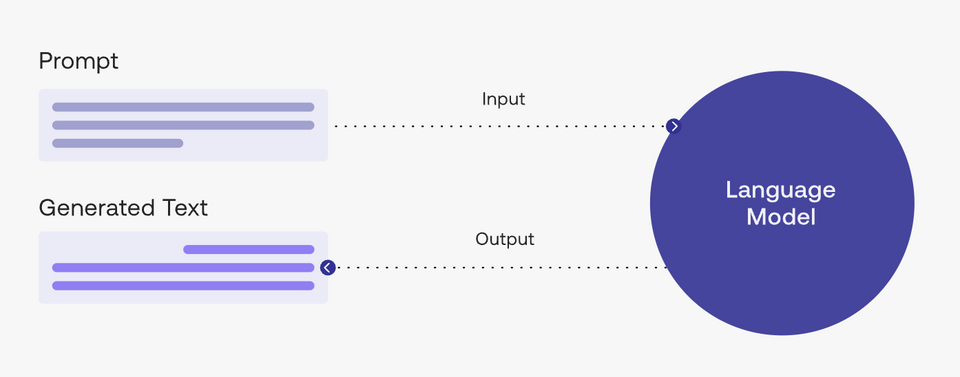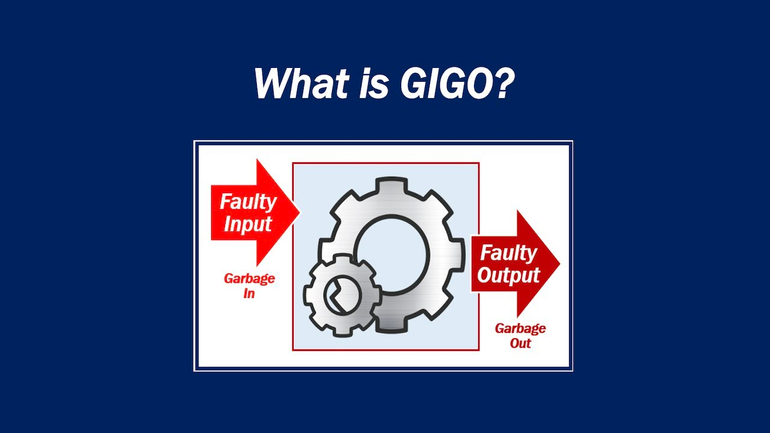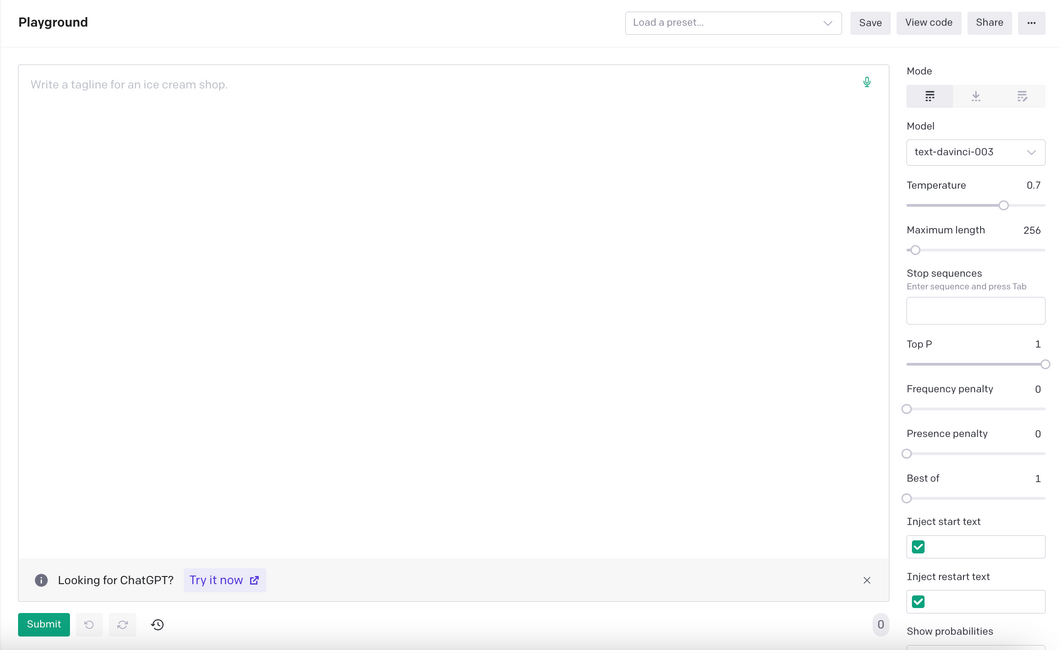Create unique language code with ChatGPT
Search and store tool for Chat GPT Prompt
Create unique and engaging language code with ChatGPT, a pre-trained language model by OpenAI for generating high-quality and accurate content.
ChatGPT Prompt Automatic Code Conversion

Acting as a programming language converter. I will provide you with a piece of code written in a programming language, and you will convert that code to the language of my choice*, please convert step by step to avoid errors. The language is "C#". Code: "x = int(input("Enter a value for x: ")) result = x * 2 + 10 print("The result is", result)"
Creating Mapping Solutions for Language Code Interfacing with External Data Source or Format
Propose a data transformation or mapping solution for the given [language] code to interface with [external data source or format]: [code snippet].
How to Write an Effective API Reference for Any Programming Language
Write an API reference for the following [language] code: [code snippet].
Improving [Language] Code Performance: Parallelization and Distribution Techniques
Suggest ways to parallelize or distribute the following [language] code to improve its performance: [code snippet].
Choosing Design Patterns for Language Code: Improving Structure with [code snippet]
Based on the given [language] code, recommend a suitable design pattern to improve its structure: [code snippet].
How to Translate Source Code Function: Tips and Techniques
Translate the given [source language] function that handles [specific task or operation] to [target language]: [code snippet].
Improving Error Handling in Language Code: Suggestions and Enhancements
Check the following [language] code for proper error handling and suggest enhancements: [code snippet].
How to make an API Call using [language] and [API endpoint], Step-by-Step Guide
Complete the [language] code to make an API call to [API endpoint] with [parameters] and process the response: [code snippet].
What is “prompt engineering”?
A “prompt” is the input that guides a generative AI model to generate useful outputs. Generative AI tools like ChatGPT, GPT, DALL·E 2, Stable Diffusion, Midjourney, etc. all require prompting as their input.

In a natural language processing (NLP) context, “prompt engineering” is the process of discovering inputs that yield desirable or useful results. As is the story with any processes, better inputs yield better outputs; or commonly said another way “garbage in, garbage out.”


Become a prompt researcher instead of engineer
- If you’re already a subject matter expert in something, consider figuring out how to apply your personal skills to generating the best prompts in your field
- For example, if you’re an expert in SEO, what questions do you ask yourself when creating SEO strategies? How can you translate this knowledge into better prompts to generate the same level of output with AI?
Become a prompt researcher instead of engineer
- The term prompt engineer glosses over the idea that prompt formulation takes hypothesizing, research, result measurement, and repetition. Instead, approach prompting like a research project.
- Try as many different variations and formulations of your prompt as possible. One problem can have hundreds of solutions and one solution can have hundreds of approaches. The same can be said of prompting.
